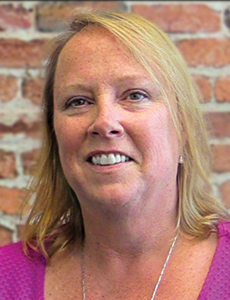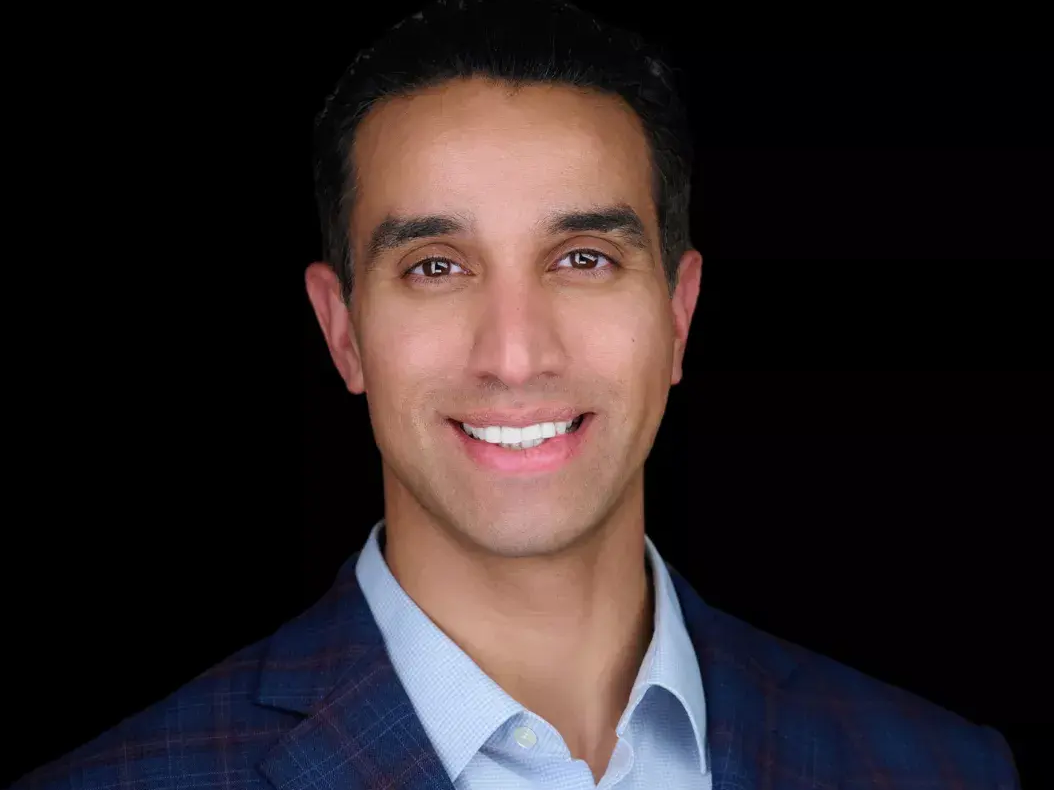2015 Risk All Star: Renee Crow
Playing the Part
When Renee Crow took a position at Kimpton Hotels and Restaurants, it’s fair to say that the company’s approach to risk management — specifically how employees should handle guest incidents to reduce claims — lacked focus.
“The company didn’t seem to have a handle around, ‘How do I say something to not get us in trouble?’ ” she said.
“How can we deal with the liability that we possibly assume when we just give the store away to the guests?”
What Crow has done is give that program focus and create so much employee engagement that she has the company calling for more. She’s doing it by having employees act out loss scenarios, to gain a better understanding of how their actions under pressure or in the case of an incident can have an impact on a customer’s inclination to litigate or take to social media to complain.
When Crow came on board, Kimpton, which prides itself on superior customer service, was facing a number of claims, some of them quite costly, stemming from employee interactions with customers.
Adding to the challenge is that Kimpton is a fast-growing company. When Crow joined eight years ago, the company had 24 properties. Now, it has more than 60.
To get employees to think differently about how they could both provide great customer service and protect the company’s bottom line, Crow instituted a training program that allowed employees to act out customer incident scenarios, drawn from actual company experiences, experiences that led to claims.
“If you want to change behavior in people you can’t put them in front of PowerPoint slides for three hours and say, ‘This is the way we want you to act.’ ” — Renee Crow, vice president, risk management, Kimpton Hotels
“I looked at all the incidents over time and selected those incidents that would have the most impact,” she said.
What she discovered was a bona fide way to reduce the company’s overall cost of risk. She also discovered something else.
“I have to tell you that all hospitality people are frustrated thespians. They are amazing,” Crow said.
As a part of the training, when the employees finish acting out the scenario, Crow tells them about the real-world result of the incident they just played out.
“Which ultimately is that something really bad happened,” she said. “We ended up with a large litigation or a very bad attorney demand because of the chain reaction of the events that occurred,” she added.
That helps employees really “get it,” she said, and embeds in them thought processes for how they might do things differently when there is an incident or customer complaint. The approach is far more effective than, say, sitting employees down in front of a slide presentation.
“If you want to change behavior in people you can’t put them in front of PowerPoint slides for three hours and say, ‘This is the way we want you to act,’ ” she said.
Crow is now conducting the training every 18 months at every Kimpton property. In fact, when we talked to her in early August, the managers of the company’s East Coast hotels had just been in touch with her to ask when she was coming back.
The coast-to-coast aspect of Crow’s work has an additional benefit. Crow can see incident trends that are occurring at, for example, West Coast hotels, and implement training at the East Coast properties in advance of that trend materializing.
And the company’s overall cost of risk? It’s been driven down 40 percent since Crow started this work.
_____________________________________________
 Risk All Stars stand out from their peers by overcoming challenges through exceptional problem solving, creativity, perseverance and/or passion.
Risk All Stars stand out from their peers by overcoming challenges through exceptional problem solving, creativity, perseverance and/or passion.
See the complete list of 2015 Risk All Stars.










